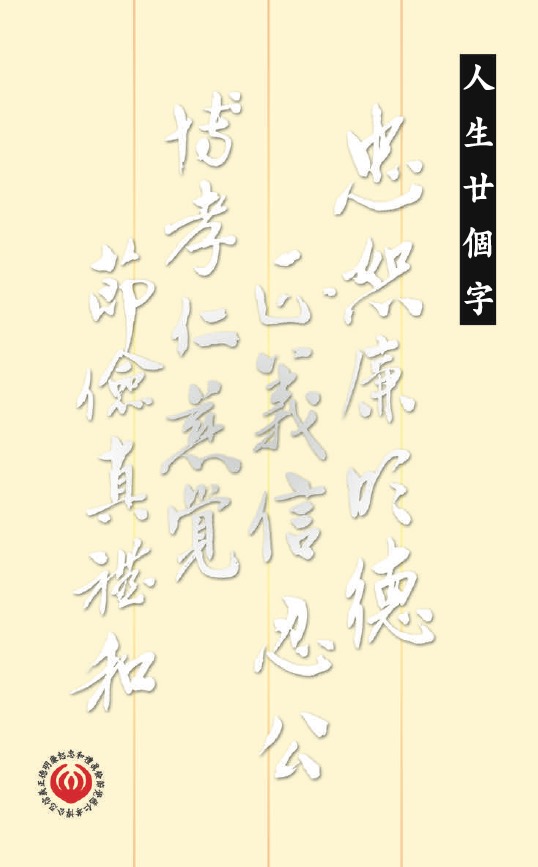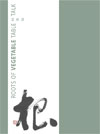Benevolence – 仁箴
- 仁箴
- REN (Benevolence)
| 恻隱為懷 | 澤及萬物 | 立人達人 | 卽聖卽佛 |
| 士志於仁 | 無適非理 | 造次顛沛 | 亦必如是 |
恻隱為懷 惻然不忍之心,人皆有之。能以不忍之心為心,即是仁心。
O(孟子)「惻隱之心,人皆有之。」
澤及萬物 推而廣之,其恩澤可以及於萬物。如生虫不履,生草不傷,無非見之於心,有所不忍,乃仁之至者也。
立人達人 有仁心之人,須將人我看作一體,自己欲立,亦欲人之能立;自己欲達,亦欲人之能達。
O(論語)「夫仁者,己欲立而立人,己欲達而達人。」
卽聖卽佛 知己之所欲,即人之所欲,然後推己之所欲以及於人,乃聖人之德,亦成佛之基也。
士志於仁 士君子有志於仁。
無適非理 一行一動無不合乎天理。
造次顛沛 亦必如是 當其急促之時,或受挫折之時,亦必如是始終不變。孔子曰:「無求生以害仁,有殺身以成仁。」此之謂也。
O(論語)「君子無終食之間違仁,造次必於是,顛沛必於是。」 造次,事苟且急遽。癲沛,是傾覆流離。
A person who is filled with compassion (A) for all people is a person of REN. He seeks to help others accomplish as if he himself wants to accomplish (B). This is the way of becoming a Sage or Buddha. Scholars whose minds are imbued with REN are always rational with reason no matter what they do. They abide by REN even in moments of haste and danger (C).
NOTES:-
(A) The Works of Mencius: “The feeling of compassion belongs to all men.”
(B) Confucian Analects: “A benevolent man who wishes to be established seeks also to establish others; a benevolent man who wishes to be accomplished seeks also to help others accomplish.” (C) Confucian Analects: “A superior man does not, even for short time, act contrary to the concept of benevolence. In moments of haste, he clings to the concept, just as he does in times of danger.”

